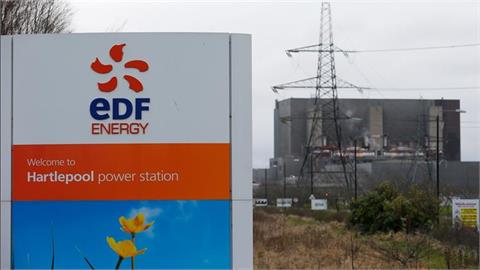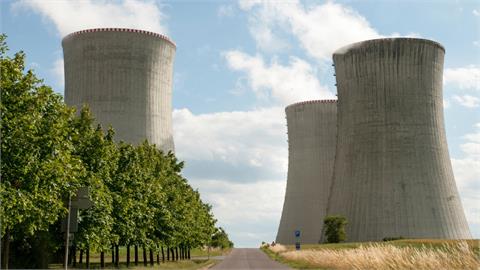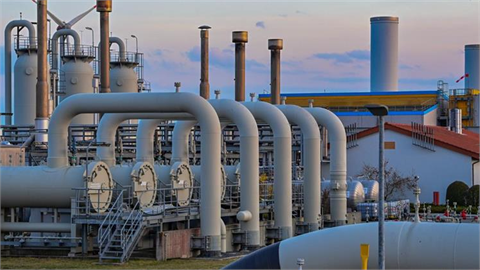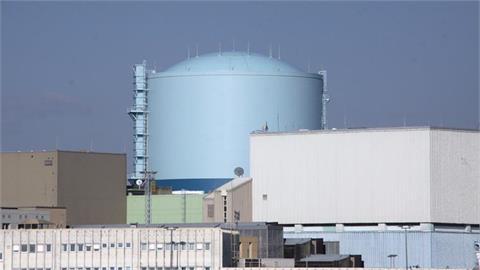Turkey will explore for hydrocarbons in Libyan waters following a recent deal with the country’s Tripoli-based government, President Recep Tayyip Erdogan said.
Erdogan has rebuffed criticism from the European Union and within Libya of its push to expand energy collaboration with one of the North African country’s two rival administrations.
Ankara and the administration of Libyan Prime Minister Abdul Hamid Dbeibah last week signed a pact intensifying joint efforts to explore for oil and natural gas, fueling a festering dispute over sovereign maritime claims. Fathi Bashagha, who heads a rival government, rejected the agreement and said Dbeibah had no right to sign deals with foreign powers.
Turkey is seeking to capitalize on its influence over the Tripoli government to secure new energy resources. It’s also working to increase the capacity of the Trans-Anatolian natural gas pipeline, which carries Azeri gas to Europe via Turkey, to 32 billion cubic meters annually.
“We’ve started to work with Azerbaijan to double the capacity of Tanap, which is of critical importance,” Erdogan said in Ankara late on Monday after a cabinet meeting. “With the hydrocarbon agreement we’ve signed with Libya, we’ve created a new area of cooperation in the extraction of oil and derivatives from the continental shelf of this country.”
The accord with Tripoli built on a 2019 agreement that Turkey struck with Libya’s previous internationally-recognized government, which was receiving military assistance from Ankara.
Disputed Waters

Competing claims over the Eastern Mediterranean
Sources: Turkey’s Ministry of Foreign Affairs; Anadolu Agency; Greek media reports; Flanders Marine Institute
Note: Some Exclusive Economic Zones are disputed
The EU last week said the deal infringes upon the sovereign rights of third states and doesn’t comply with the United Nations Law of the Sea.
Greece, Cyprus and Egypt -- which supported eastern-based factions in Libya’s most recent war, fighting in which ended with a truce in 2020 -- see the deal as a brazen Turkish bid for dominance in the contested waters. Libya is also at odds with Greece over off-shore exploration licenses south of Crete.
Libya, home to Africa’s largest crude oil reserves and a member of the Organization of Petroleum Exporting Countries, has largely been wracked by chaos since former dictator Muammar al-Qaddafi was toppled in 2011.
(Bloomberg, October 11, 2022)



